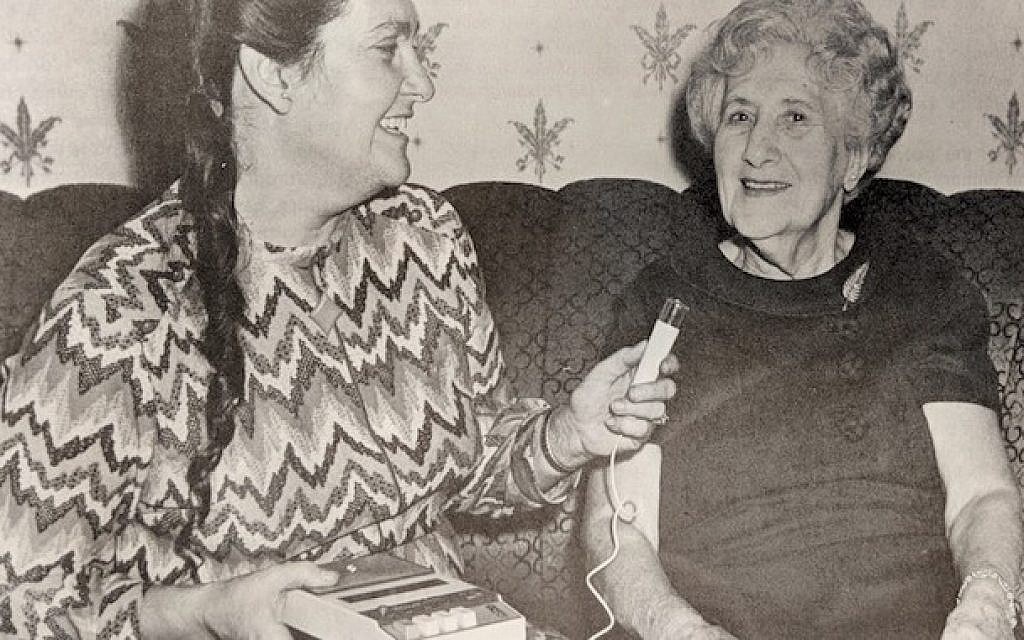Many of that are familiar with oral histories have often encountered them recorded onto audiotape. While some may still be recorded this way, It is more common for interviewers to skip the tape and record directly to a digital format using a handheld recorder, a mobile phone, a landline, tablet, or personal computer. Before the project begins, it is important to determine if the interviews will be audio only or if they will include video. Each has their own requirements that will need to be sorted. Decisions include:
The project coordinator will need to make a decision regarding the type of recording that will be done that best meets the need of the project. While all oral history projects have the same goal of documenting a person, event, organization, or group, the way they achieve it is as individual as the topics covered.
Why is THIS oral history being conducted?
The project needs to have a purpose. Will the oral histories be used for:
Whatever the reason, having a clear goal will help drive the participants in the project and direct the line of questioning. For instance, asking a participant about their experience during the Vietnam War may not be relevant to the project and those questions should not be considered.
What are you attempting to document? If, however, you are hoping to document activism, for instance, a person's experiences during the Vietnam War may be significant, in addition to questions relating to their career, and other life aspects. This will also help with the pre-interview research that needs to be completed before any discussions with participants happen.
When your project is over, what’s next? This goes back to the goal of the project. While the project is still in the concept stage, it is a good idea to know what type of output you are aiming for. Will you use it for a book? dissertation? donate it to an archive? Know the purpose of your project and what you hope the research use will be. It is also important to keep in mind that the project may be useful for other research areas that you haven't imagined.

An interviewer conducts and interview for the National Council of Jewish Women's oral history project.
